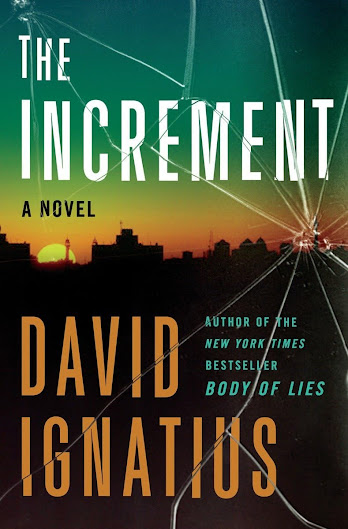1453: THE HOLY WAR for CONSTANTINOPLE and the CLASH of ISLAM and the WEST (audiobook) by Roger Crowley

EXCELLENT! Unabridged Audio Edition Published in 2016 by Hachette Audio and Blackstone Audio Read by Simon Prebble Duration: 10 Hours, 56 Minutes When Rome was at its height, it split itself in half and created a second capital for the eastern half in Constantinople (modern day Istanbul). The eastern half survived the official "Fall of Rome" in 476 AD and continued on for nearly 1,000 more years until it succumbed to the Ottoman Turks in 1453. It was the seat of the Orthodox Christian Church and oftentimes stood as the bulwark against Muslim military advances into Eastern Europe. From the time of the first formal attack against Constantinople in 674 AD until it finally fell in 1453, the capture of this city was, at the least, on every Muslim leader in this region's "to do" list, if not an active goal. Once the Ottoman Turks arrive on the scene the Byzantine Empire is clearly on its last legs. The city is still defended by one of the most elaborate set of ...











